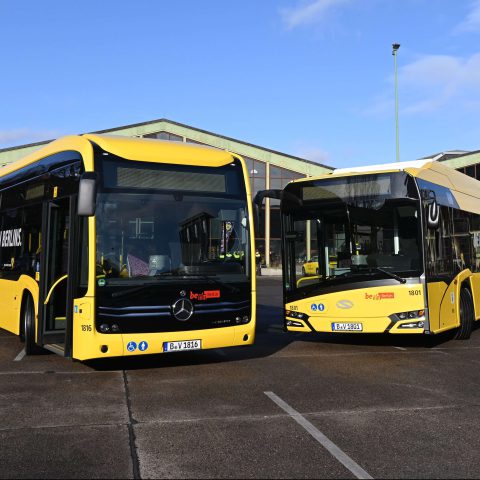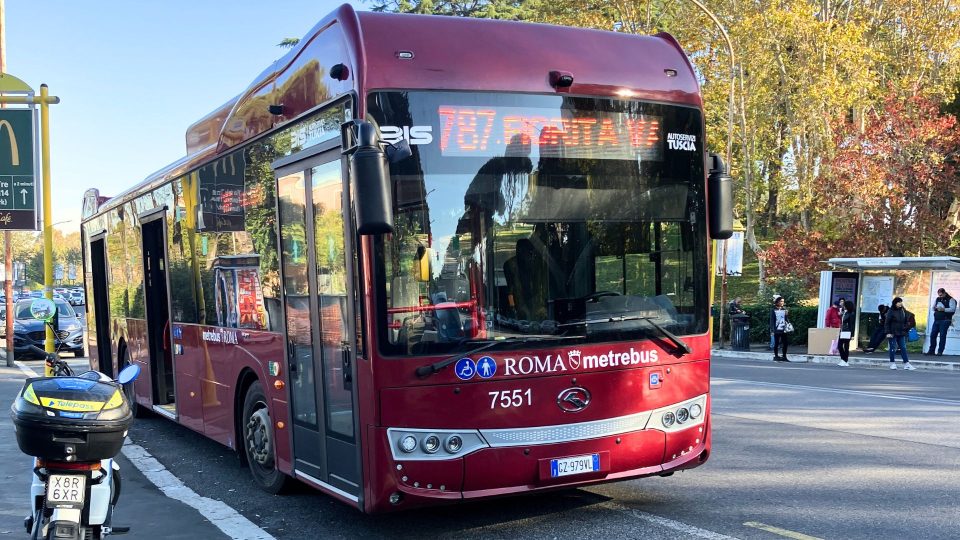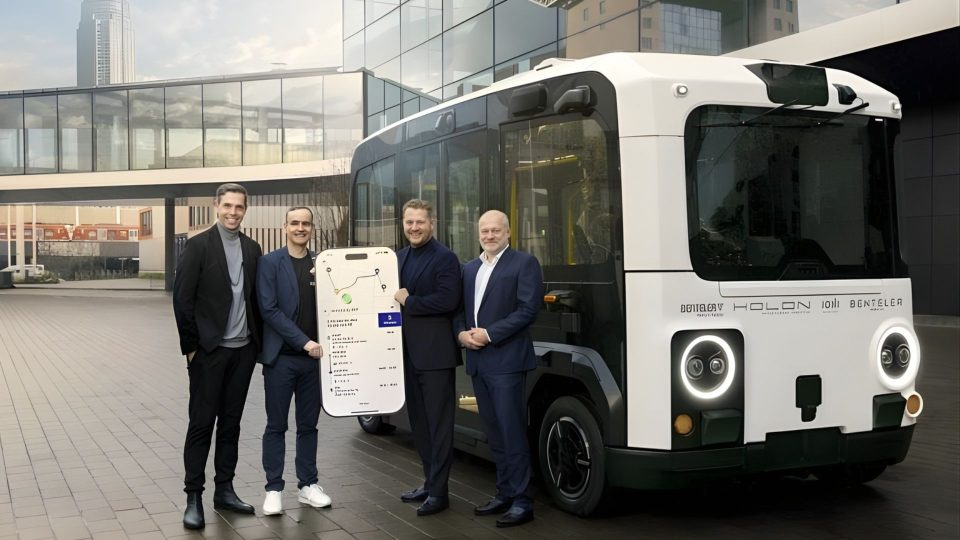BVG faces cut in budget for procurement of e-buses (from 33 to 8M euros), according to local media
The budget allocated for the procurement of electric buses in Berlin this year has been dramatically reduced. Originally set at 33.11 million euros, the budget now stands at a mere eight million euros, according to a report from the German publication Tagesspiegel, as covered by trade agency Electrive. Berlin, cut in subsidies for e-buses This […]

The budget allocated for the procurement of electric buses in Berlin this year has been dramatically reduced. Originally set at 33.11 million euros, the budget now stands at a mere eight million euros, according to a report from the German publication Tagesspiegel, as covered by trade agency Electrive.
Berlin, cut in subsidies for e-buses
This reduction is part of broader budget cuts by the ruling parties in Berlin, the CDU and SPD, which aim to save 130 million euros on bus and rail services this year. The decision has considerable implications for BVG, which oversees the city’s public transportation network, including its electric bus programme.
The Berlin transport administration has attributed the budget cuts, according to the local newspaper, to delays in the construction of a new depot intended to house the electric buses. This depot, located in the Marienfelde district, was greenlit by BVG in February. The facility is being constructed by a consortium of two companies and is designed to accommodate 220 electric buses.
Electrive writes that, although BVG aims to fully electrify its fleet by 2030, however, “Tagesspiegel now writes that this goal is not considered realistic within BVG. “We all know that it won’t work to convert the bus fleet to electric drive by 2030,” an insider is quoted as saying. He went on to say that only 50 electric buses were ordered instead of the possible 344 due to the delay in the construction of the new depots on Marienfelder Säntisstraße and in Alt-Friedrichsfelde when the Solaris order was placed at the end of 2023”. Looking at 2030, the company has plans to grow the number of buses in the fleet, according to what was told to Sustainable Bus in 2020, “from now around 1,500 to approxamitely 1,900 buses by the year 2030. The reason for this growth, however, is not solely the electrification but also our projected increase in bus traffic”.






